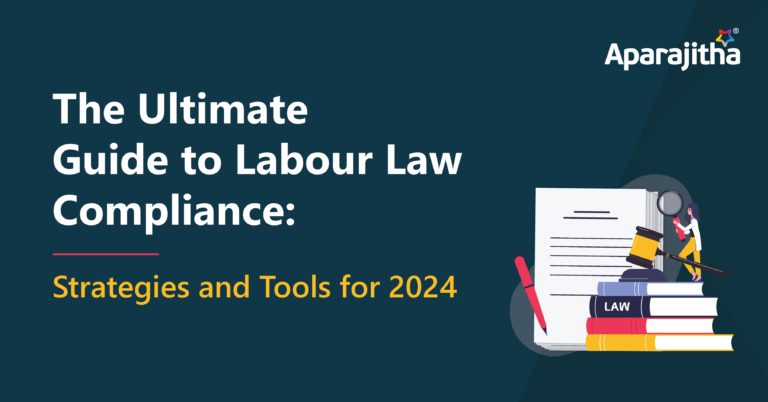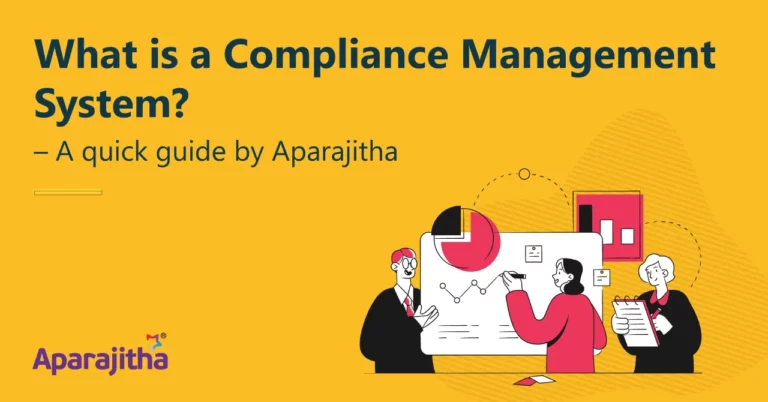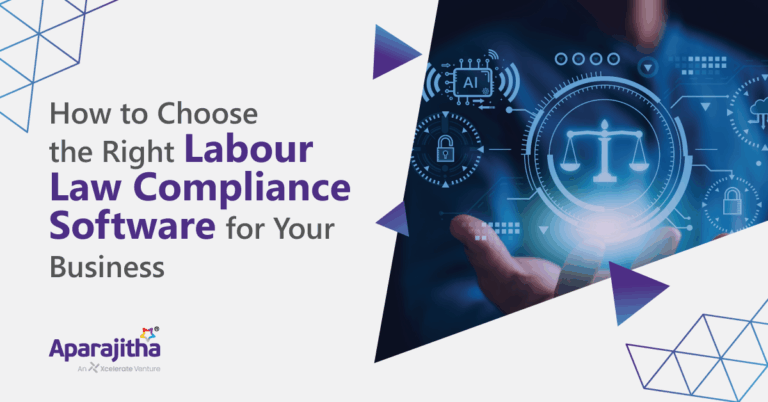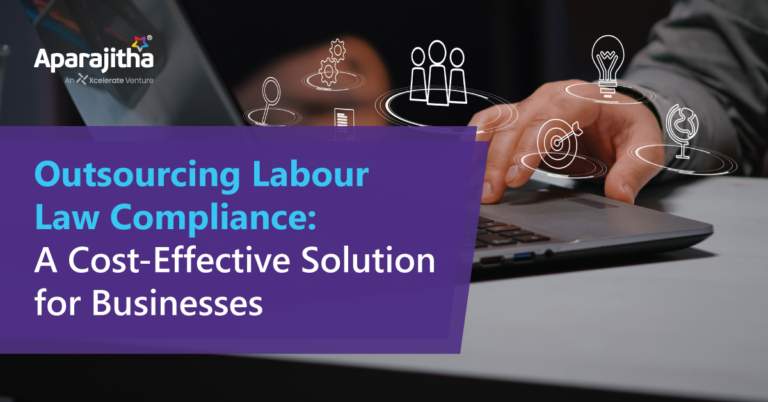Introduction
In recent months, the Ministry of Corporate Affairs (MCA) has issued a series of advisories to businesses across the country, underscoring the critical importance of adhering to the provisions of Section 90 of the Companies Act, 2013 (Act), along with those outlined in the Companies (Significant Beneficial Owners) Rules, 2018 (SBO Rules). These advisories focus specifically on the compliance requirements related to Significant Beneficial Ownership.
The concept of Significant Beneficial Ownership aims to ensure transparency in the ownership of corporate entities. This legal framework mandates the disclosure of Significant Beneficial Ownership to curb money laundering, tax evasion, and to enhance corporate governance.
By bringing this matter to the forefront now, the MCA seeks to ensure that all businesses, regardless of their size or industry, are vigilant in identifying and disclosing their Significant Beneficial Owner (SBO). This move not only aligns with global best practices but also fortifies the integrity of India’s corporate sector, promoting a healthier and more transparent business ecosystem.
As we delve deeper into the specifics of the MCA’s advisories and the implications for businesses, it becomes clear why immediate and thorough compliance is essential. The subsequent sections will detail the key provisions, compliance requirements, and the steps businesses must take to align with the MCA’s directives on Significant Beneficial Ownership.
Who is a Significant Beneficial Owner?
An individual who holds indirectly, or together with any direct holdings, not less than 10% of the shares, voting rights, or right to receive or participate in the dividend or any other distribution in the company.
But this does not apply to holding of shares of companies/body corporates by,
- IEPF Authority,
- Holding reporting companies,
- Central Government, State Government, local authorities, entities owned or controlled by government authorities
- in case of pooled investment vehicles/investment funds such as Mutual Funds, Alterative Investment Funds (AIFs), Real Estate Investment Trusts (REITs) and Infrastructure Investment Trusts (InvITs) regulated under SEBI Act.
- investment vehicles regulated by RBI, IRDA of India, or Pension Fund Regulatory and Development Authority
Key facets of compliance under the SBO Rules:
- Declaration of Significant Beneficial Ownership
Every individual who is an SBO shall make a declaration to the company in which they hold a significant beneficial interest.
The individual must file a one-time declaration in Form BEN-1 to the company within 90 days from the commencement of the SBO Rules, i.e., by 11th September 2018.
Any change in Significant Beneficial Ownership must be declared within 30 days of acquiring such Significant Beneficial Ownership or any change therein.
While if a person becomes an SBO or if their ownership changes within ninety days of the Companies (Significant Beneficial Owners) Amendment Rules, 2019, the event is considered to have occurred on the date of expiry of ninety days from the date of commencement of the rules. The thirty-day filing period will be calculated accordingly.
- Maintenance of Register of SBOs by a Reporting Company
Every reporting company must maintain a register of SBOs in Form BEN-3.
The register should contain the following:
- Name,
- Address,
- Date of Birth,
- Nationality, and
- Details of the significant beneficial interest, including the extent and nature of such interest.
This register should be open for inspection during business hours, by any member or other person authorized by the Central Government, similar to the register of members.
- Filing of Return of SBOs
The reporting company must file a return of SBOs with the Registrar of Companies (ROC).
The company must file Form BEN-2 within 30 days from the date of receipt of Form BEN-1 from the SBO. This form includes details about the SBOs, and the nature and extent of the beneficial interest held.
- Notice to Any Person whom the Company Believes to Be a SBO
If the company has reasonable cause to believe that an individual is a SBO but has not declared the same, it can issue a notice in Form BEN-4 to the person seeking information about their Significant Beneficial Ownership status. The person receiving the notice must respond within 30 days, providing the required information or clarifying the non-existence of Significant Beneficial Ownership.
- Notice to Member Whom the Company Believes to Be a SBO
When a company believes one of its members (other than individuals) is an SBO holding not less than ten per cent. of its shares, or voting rights, or right to receive or participate in the dividend or any other distribution payable in a financial year, it must notify the member in Form BEN-4, to furnish information regarding their Significant Beneficial Ownership in the company. The member must disclose their beneficial interest and provide any other required information.
- Application to Tribunal for Non-Receipt of Declaration by Reporting Company
If a reporting company fails to receive the declaration from the suspected SBO either in case if the person failed to provide the information within the specified time or the provided information is not satisfactory the company can apply to the National Company Law Tribunal (NCLT) under Section 90(7) of the Companies Act, 2013. The Tribunal can restrict the transfer of interest, suspend the right to receive dividends, and prohibit the exercise of any rights attached to the shares.
Penalties and Risks of Ignoring SBO Rules:
Non-compliance with these provisions, can lead to severe penalties and damage to the company’s reputation. Therefore, it is imperative for businesses to proactively assess their ownership structures and ensure alignment with the stipulations outlined in Act and SBO Rules.
As per the legislation, if any person fails to make a declaration as required, he shall be liable to a penalty of Rs,50,000 and in case of continuing failure, with an additional penalty of Rs.1,000 for each day beyond the initial failure, up to a maximum of Rs.2,00,000.
Furthermore, if a company, required to maintain register and file the information or required to take necessary steps fails to do so or denies inspection as provided therein, the company shall be liable to a penalty of Rs.1,00,000 and in case of continuing failure, with an additional penalty of Rs.500 for each day, after the first during which such failure continues, subject to a maximum of Rs.5,00,000 and every officer of the company who is in default shall be liable to a penalty of Rs.25,000 and in case of continuing failure, with a further penalty of Rs.200 for each day, after the first during which such failure continues, subject to a maximum of Rs.1,00,000.
Moreover, if any person wilfully furnishes any false or incorrect information or suppresses any material information of which he is aware in the declaration made under this section, he shall be liable under section 447 of the Act.
Conclusion
The requirements under the Act and the SBO Rules, ensure that the beneficial ownership of shares in companies is transparent and compliant with regulatory norms. This legal framework obligates both individuals and companies to actively disclose and manage Significant Beneficial Ownership, thereby enhancing corporate governance and accountability.
Compliance with these provisions is crucial for corporate entities to avoid legal repercussions and contribute to a transparent business environment.
Stay informed on the latest government regulations and compliance updates!
Enquire Now to keep yourself compliant and ahead of the curve!







